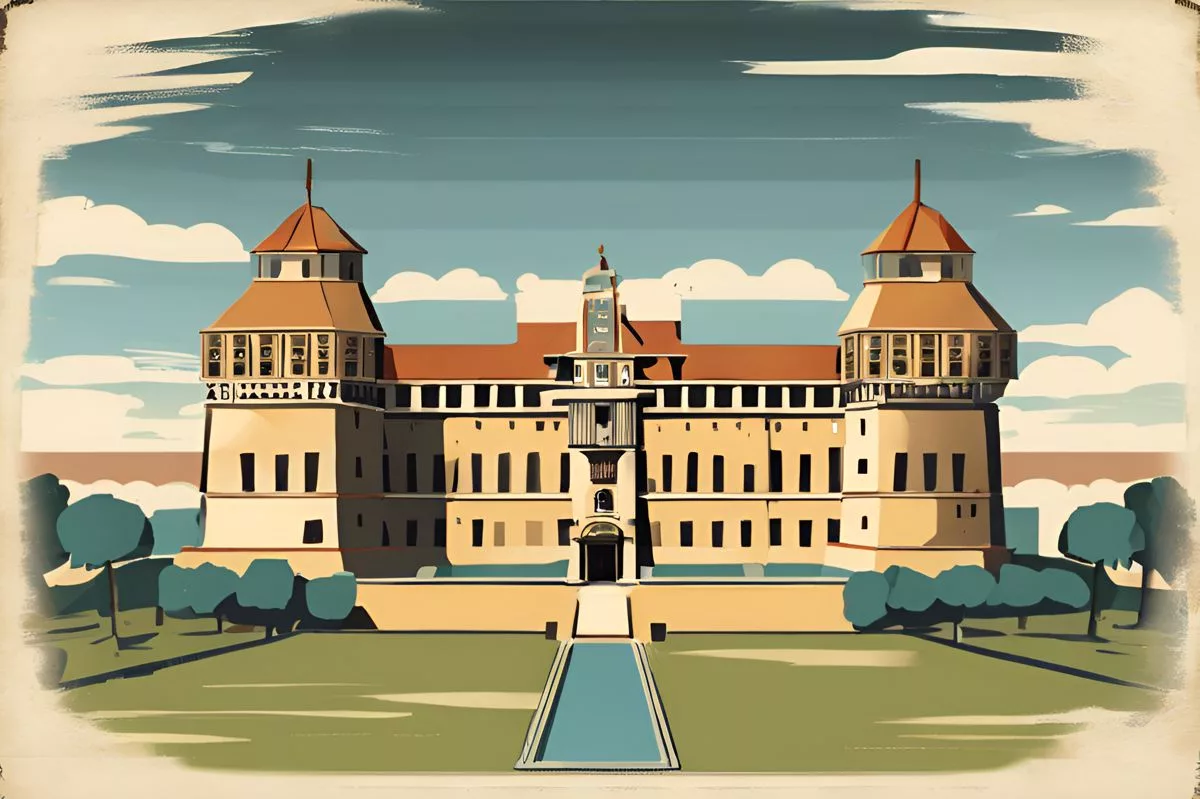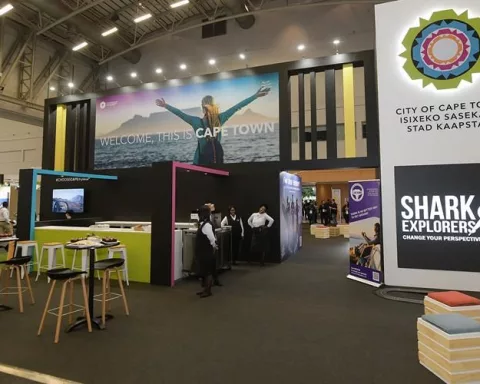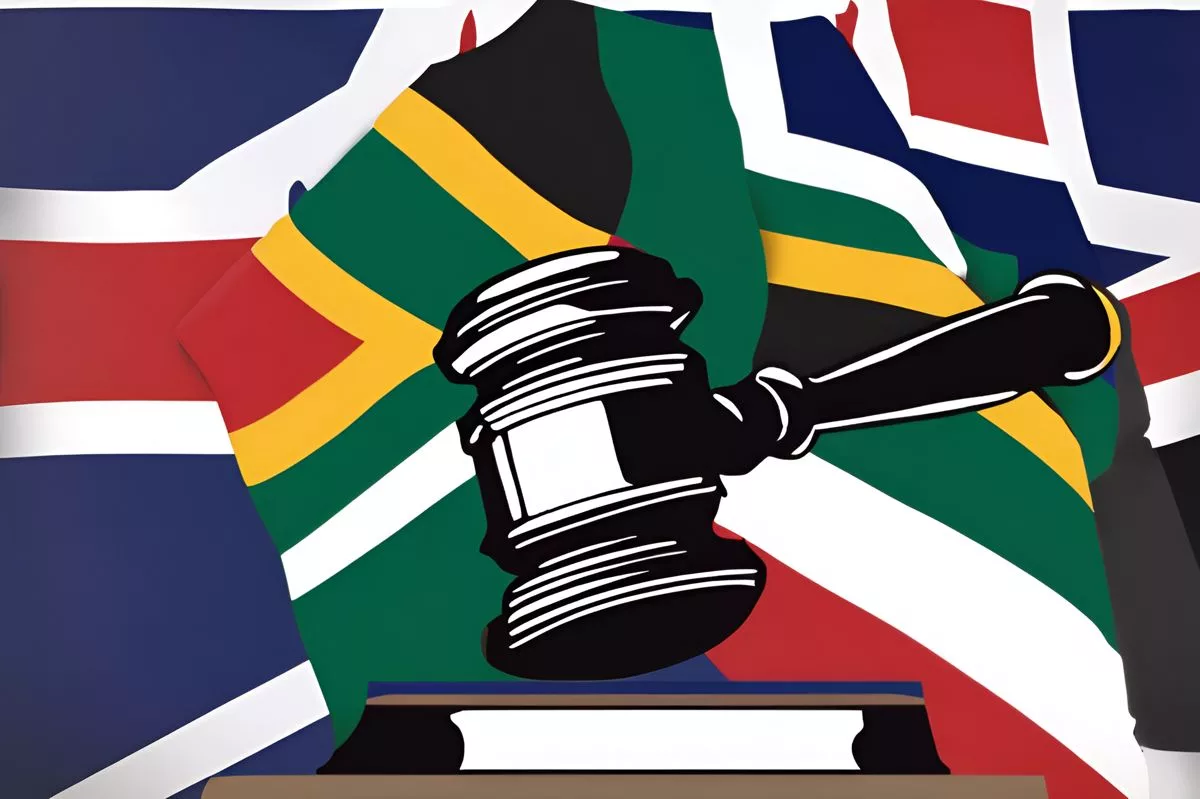The Slave Route Challenge is an annual event in Cape Town that offers a hands-on experience of the city’s historical narrative through a half marathon, a 10km, and a 5km race. The routes guide runners through historically significant locations, such as District 6, the Castle of Good Hope, and Bo-Kaap, offering participants a deep understanding of the city’s origins. More than just a sports event, the Slave Route Challenge is a commemorative celebration of Cape Town’s heritage and culture, fostering a sense of harmony in diversity.
What is the Slave Route Challenge in Cape Town?
The Slave Route Challenge is an annual endurance competition and time-traveling expedition through Cape Town’s rich cultural past. The event offers a hands-on experience of the city’s historical narrative via a half marathon, a 10km, and a 5km race. The routes guide runners through a labyrinth of historically significant locations, offering participants a deep understanding of the city’s origins. It is a commemorative celebration of Cape Town’s heritage and culture, and a marathon of cultural appreciation.
An Annual Trek Through History
As winter’s chill begins to settle over Cape Town and the Cape Doctor takes a brief hiatus, the city finds itself once more preparing for the rhythmic beat of thousands of runners’ shoes against its ancient streets. The anticipated date is May 26, 2024, marking the 12th edition of the Slave Route Challenge. This annual event, a cornerstone of the Western Province Athletics calendar, is expected to welcome around eight thousand runners who will embark on a journey through Cape Town’s historical narrative via a half marathon, a 10km, and a 5km race.
Far more than a simple endurance competition, the Slave Route Challenge is a time-travelling expedition through Cape Town’s rich cultural past. The starting line is situated in front of the City Hall on Darling Street, a crucial site in the fight against apartheid. From there, the routes guide runners through a labyrinth of historically significant locations such as the Castle of Good Hope, District 6, Company’s Gardens, Bo-Kaap, DHL Stadium, Fort Wynyard, and the lively streets of the Central Business District (CBD).
The Routes: A Detailed Overview
The half marathon, a 21km trail, leads participants past the echoes of District 6, a once spirited multicultural community devastated by the enforced removals of apartheid. The path then weaves its way through the parliamentary precinct, climbs the steep Koeksister Hill in the vibrant Bo-Kaap, and meanders through the lush landscape of the Green Point Urban Park. The route takes a diversion via the DHL Stadium and finally concludes on the historical Grand Parade.
The 10km race mirrors the half marathon but takes a detour down Wale Street from Bo-Kaap. Landmarks along this route include the Iziko Slave Lodge, the Slave Tree Plaque, and the Castle of Good Hope, before it also ultimately concludes on the Grand Parade.
The shortest race, the 5km, guides runners through the historical Castle of Good Hope, the lush Company’s Gardens, and the Iziko Slave Lodge before ending in the Grand Parade.
An Event With A Deeper Purpose
More than just a sports event, the Slave Route Challenge is a commemorative celebration of Cape Town’s rich heritage and culture. It offers runners a hands-on experience of the city’s past and commemorates the timeless beauty of its historical communities. The City of Cape Town expresses pride in supporting this initiative that bridges the gap between the past and the future, fostering a sense of harmony in diversity.
As part of the event’s organisation, extensive road closures and lane restrictions will be enforced on race day. The affected routes include Roeland Street, Orange Street, Wale Street, Long Street, Loop Street, Somerset Road, Beach Road, Granger Bay Boulevard, and Adderley Street.
A Marathon of Cultural Appreciation
The Slave Route Challenge is essentially a cultural marathon, bringing together individuals from various backgrounds in a shared appreciation of the city’s story. Each stride unveils a new chapter of Cape Town’s tale, offering participants a deep understanding of the city’s origins.
Engaging with the past through the Slave Route Challenge helps mould a collective identity, acting as a reminder of the importance of acknowledging and respecting our history while pursuing a future of unity and diversity. As dawn breaks on May 26, 2024, Cape Town will once again rejoice in its heritage with this unique event.
This race is an homage to the resilience of Cape Town and a testament to the spirit of its inhabitants. So, Cape Town, tie up your running shoes and get ready. The Slave Route Challenge is not just a race; it’s a celebration of your city, your past, and your heritage.
For additional details on this and other Cape Town events, visit www.eventsincapetown.com.
What is the Slave Route Challenge in Cape Town?
The Slave Route Challenge is an annual endurance competition and time-travelling expedition through Cape Town’s rich cultural past. The event offers a hands-on experience of the city’s historical narrative via a half marathon, a 10km, and a 5km race.
What are the routes for the Slave Route Challenge?
The routes guide runners through a labyrinth of historically significant locations such as District 6, the Castle of Good Hope, Bo-Kaap, Company’s Gardens, DHL Stadium, Fort Wynyard, and the Central Business District (CBD).
When does the Slave Route Challenge take place?
The anticipated date for the 12th edition of the Slave Route Challenge is May 26, 2024.
What is the purpose of the Slave Route Challenge?
More than just a sports event, the Slave Route Challenge is a commemorative celebration of Cape Town’s rich heritage and culture, fostering a sense of harmony in diversity.
What should I expect during the Slave Route Challenge?
Participants can expect extensive road closures and lane restrictions on race day. The event offers runners a hands-on experience of the city’s past and commemorates the timeless beauty of its historical communities.
What is the significance of the Slave Route Challenge to Cape Town?
Engaging with the past through the Slave Route Challenge helps mould a collective identity, acting as a reminder of the importance of acknowledging and respecting our history while pursuing a future of unity and diversity.












